The term addiction is something that can turn people away from you within a matter of moments. especially people addicted to drugs and alcohol tend to face the toughest challenge as people have more misconceptions than proper ideas. Here are some myths about addiction and the truth around them.
Myth: An addict is someone you cannot reform or assist
The truth is that you can do a lot to positively influence the person you care about. You can learn problem-solving techniques and constructive communication and reinforcement techniques.
It has been demonstrated that each of these behaviors encourages a person who is in danger to accept help. Addicts frequently have a severe disconnection from relationships and good hobbies. In their quest for wellness, assisting them in reestablishing these essential elements of a healthy lifestyle might be crucial. Along with that, proper help from Detox To Rehab – Drug & Alcohol Rehabilitation Resourcescan help a person turn back to a normal lifestyle.
We never want family members to feel guilty or as though it’s their only duty to help someone get better, even though we believe in the power that comes with educating and setting limits. Despite our best efforts, not everyone will decide to accept assistance. Family members are frequently troubled by guilt and regrets. Just like we support those who struggle with alcohol or other substances, we are here for you as well.
Myth: It is the user’s fault if they develop an addiction
Just as no one would choose to acquire cancer, no one would choose to become addicted to any substance. Numerous variables, such as heredity, upbringing, trauma, and other circumstances, can lead to addiction. Addiction does not happen by decision but by regular use of any substance.
Myth: One should be able to stop using just their willpower
Substances like alcohol and others can cause significant brain alterations. The brain’s normal “reward pathway” is altered by these modifications. These brain alterations that occur when addiction takes hold, weaken a person’s ability to exercise self-control and make wise judgments while simultaneously generating strong cravings to use drugs. These are the same circuits associated with survival, generating strong cravings in the same way as the desire for food or liquids.



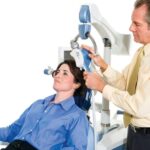
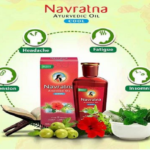

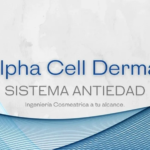


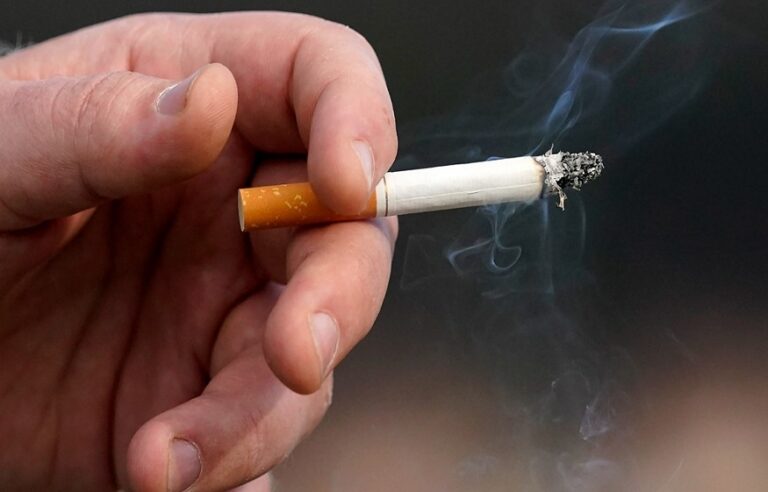

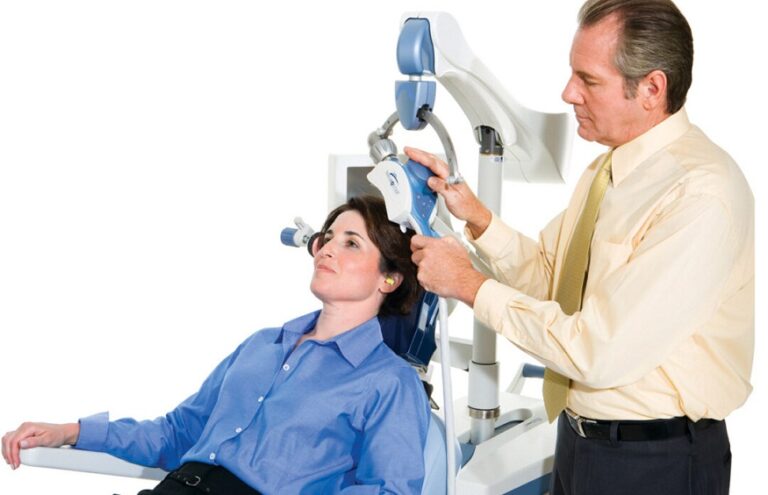
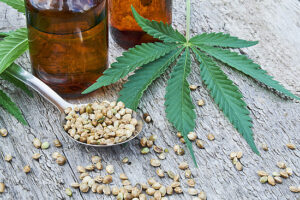

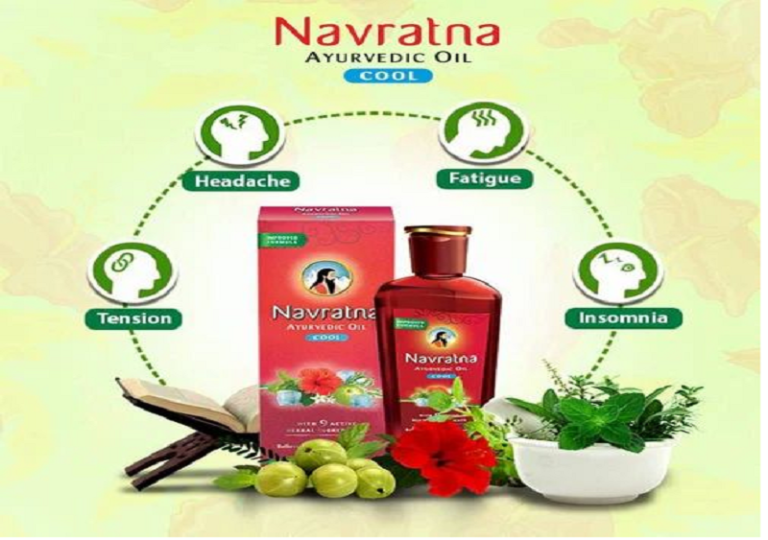

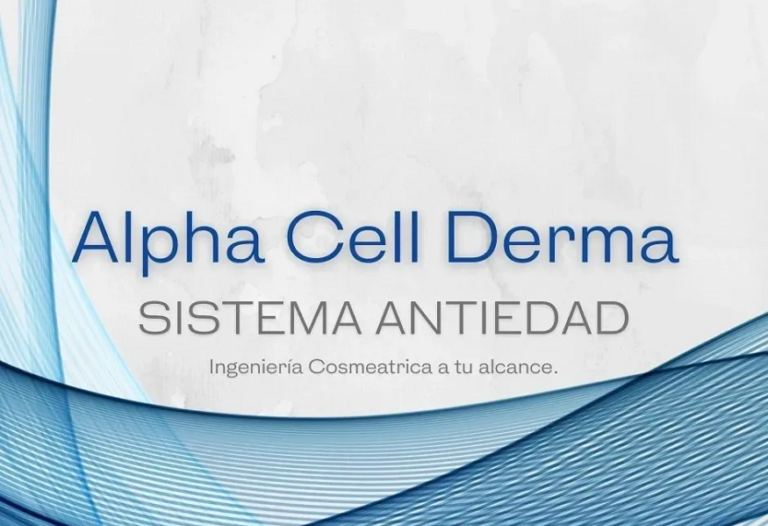
+ There are no comments
Add yours